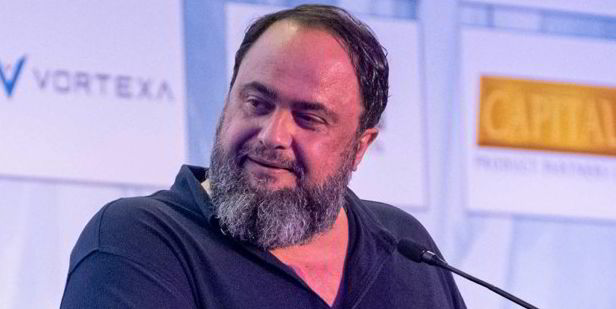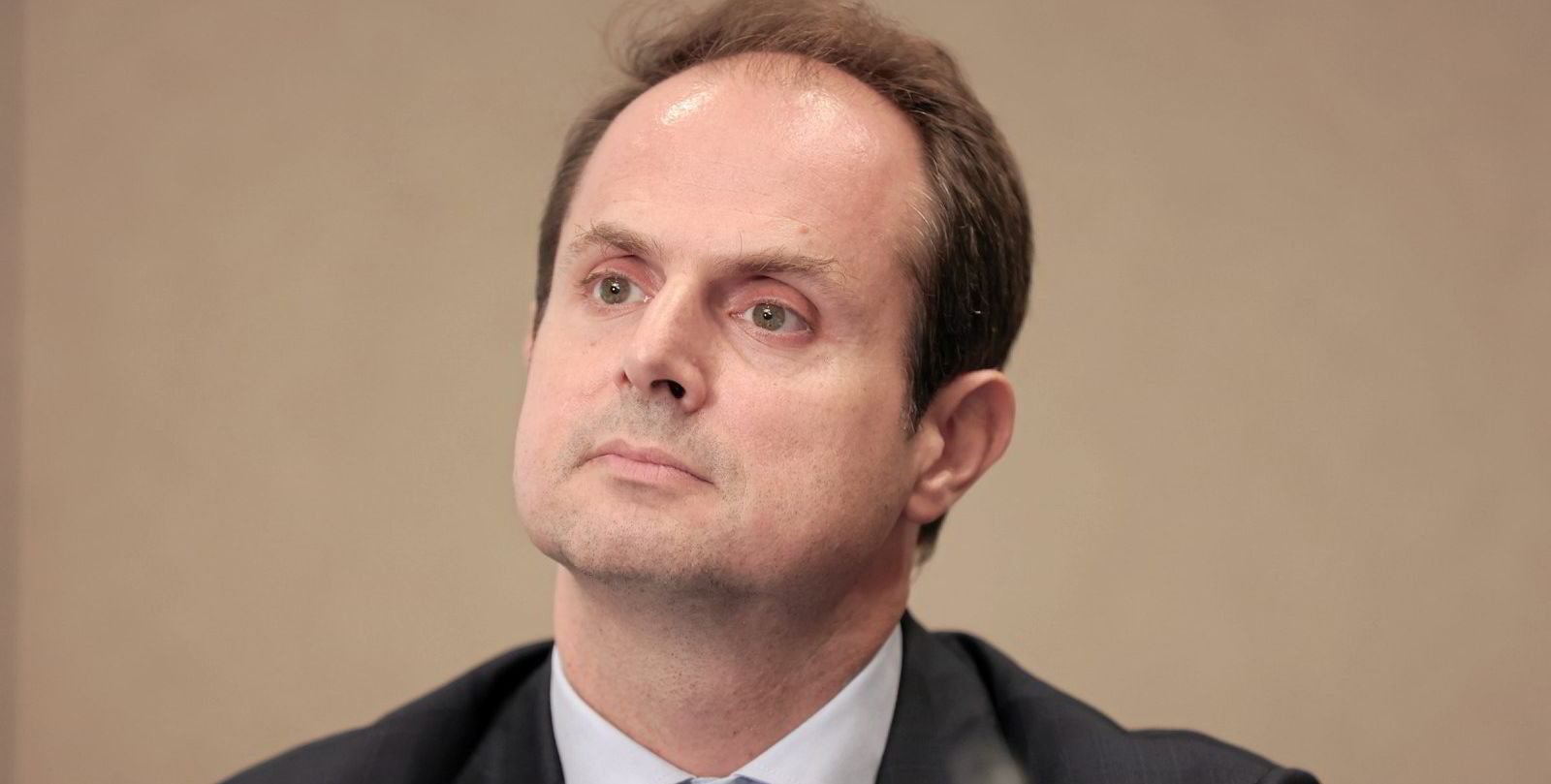Higher interest rates on the debt it has piled up to fund its rapid expansion into LNG carriers have made a dent in the profitability of Capital Product Partners (CPLP).
The US-listed master limited partnership reported net income of $10m in the first three months of 2023 — 60% down year on year and the lowest quarterly reading in two years.
This is primarily due to the company’s higher finance costs, which more than doubled to $23.7m from $10.3m in the same period of 2022.
CPLP’s total average indebtedness increased and so did its weighted average interest rate, which nearly doubled year on year to 6%, management explained in first-quarter results released on Friday.
CPLP has spent hundreds of millions of euros over the past years to break into the lucrative market for LNG ships.
In that process, long-term debt rose to $1.46bn from less than $400m since 2020, as it took delivery of seven large LNG carrier newbuildings.
Nearly 30% of CPLP debt is fixed at 4.5% and the remaining floats at a weighted average margin of 2.43% above the SOFR or Libor.
The transformative LNG expansion has bolstered the profitability of CPLP, which also owns 14 large or midsize container ships and one bulker.
Partly as a result of two newbuilding deliveries recently, revenue rose at an annual pace of 10% in the first quarter to a record $81m.
Rising interest rates across the world, however, have started affecting its profits.
The company is addressing this. In the earnings release, chief executive Jerry Kalogiratos said CPLP continues its “debt optimisation strategy”.
Fully booked
As part of that strategy, CPLP has repaid one more loan early and in full — a 2021 sale-and-leaseback facility for a total amount of $23.4m. The move increases its debt-free fleet to 10 vessels.
Furthermore, it introduced a Japanese Operating Lease with Call Option (Jolco) into its debt sources, Kalogiratos said on Friday.
Despite its shrinking net in the first quarter, CPLP’s profit distribution remained therefore unchanged.
The company already announced on 25 April that it was maintaining its cash distribution at $0.15 per unit — the same as in the previous five quarters.
CPLP also disclosed that it repurchased 129,258 common units in the first quarter at an average cost of $13.57 each, under a programme launched at the end of January.
As of 17 April, nearly 29% of CPLP was owned by the Marinakis family, including principal Evangelos Marinakis and his son Miltiadis.
Delaware investment adviser Donald Smith & Co has an 8% stake.
CPLP’s fleet stands to grow further with one more container ship newbuilding in mid-June — the 13,312-teu Buenaventura Express (built 2023).
Further expansion opportunities include a right of first offer on two LNG carriers built by private Marinakis interests — the 174,000-cbm Amore Mio I and Axios II, which are to be delivered in the fourth quarter of 2023.
In the more distant future, CPLP may pounce on nine more LNG vessels that Marinakis interests have commissioned at Hyundai Heavy Industries, with deliveries due between May 2024 and March 2027.
In a market outlook on Friday, CPLP expressed optimism in the markets it is active in.
“Looking ahead, the outlook for the LNG carrier sector appears to be positive throughout 2023,” it said.
“While the container charter markets saw a soft start to the year following the continuing weakness of the last months of 2022, charter rates have seen a modest rebound from mid-February 2023 onwards.”
The company’s exposure to market vagaries, however, is small.
A strong point for CPLP is that all its vessels are fixed, with a contracted revenue backlog of about $1.9bn and the next chapter expiration not due before 2025.
Nearly two-thirds of the company’s contracted revenue comes from its LNG ships. It has seven charterers, including Hapag-Lloyd, Cheniere, BP and Hartree.





